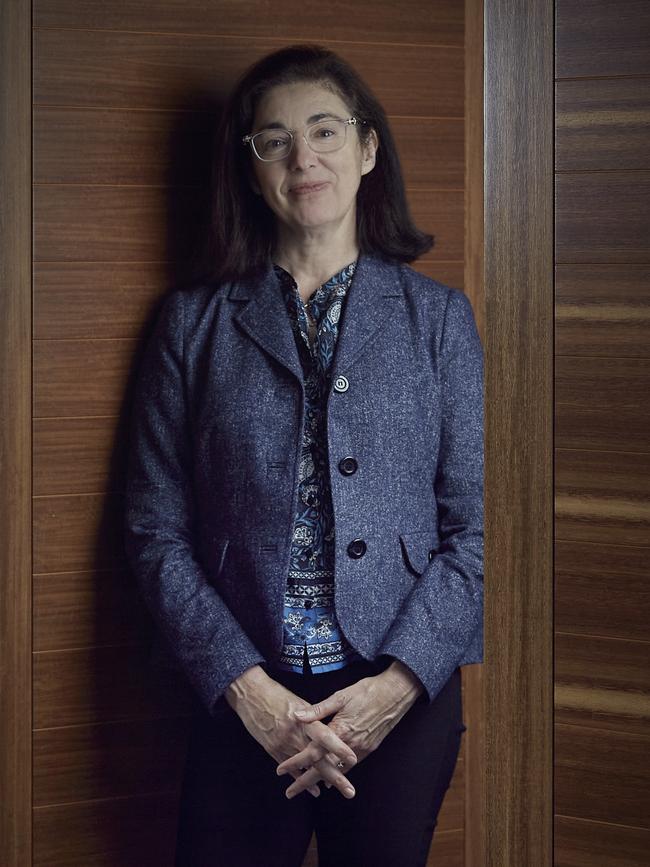
Just weeks after the government surprised the industry by cherry picking the review in favour of big super, Ms Levy says: “I worry this is the wrong place to start.”
She has also raised the issue of deepening risk if super funds expand into the financial advice sector. “What is proposed might be too much and too hard and expose members to risk,” she told The Australian.
Under plans outlined by Finance Minister Stephen Jones, staff at big super funds – such as industry funds – will be able to work without the same educational and ethical qualifications required by existing financial advisers.
But Ms Levy has now openly doubted the capacity of big funds to deliver financial advice as planned. “It’s going to be really hard to get it right,” she explains.
Major super funds have already come under criticism for poor service levels and for holding onto member funds for longer than necessary.
Last week’s annual report from the Australian Financial Complaints Authority noted a 30 per cent lift in the volume of complaints in the superannuation sector.
Separately, The Australian reported last month how big super funds were blocking attempts by older Australians to withdraw money as “rollover rejections” have increased.
Asked what safeguards might be put in place to ensure big super funds are held to the same standards in advice as independent advisers, Ms Levy said it was not clear at this stage.

Ms Levy initially raised her concerns on the government’s moves when she spoke at the SMSF Association Technical Conference on the Gold Coast on July 27.
Inside the super sector, legal specialists have been alarmed by the lack of consumer protections in the government’s plan. Specialist superannuation lawyer Fiona Halsey recently suggested she was “astounded” by the proposal.
“If the government does not require the same high standards for a person to give advice within super funds, then hard won gains in this profession in recent years will be lost,” Halsey said.
Similarly, Sarah Abood, the chief executive at the newly formed Financial Advice Association of Australia, has also called for “consumer safeguards” in the area.
Among the potential changes is a specific proposal that would create a “carve out” for big super staff around current legal requirements. Independent advisers suggest this could lead to call centre staff offering financial advice – a situation that could lead to a rerun of the bank-based financial advice scandals that led to the Hayne Royal Commission.
The move to offer more powers to big super funds comes just as the financial advice industry is battling with falling adviser numbers and struggles among start-up players.
The total population of financial advisers in the local sector has fallen from more than 30,000 a decade ago to less than 16,000 today.
At the same time, the range of services is also facing a squeeze, with a string of new players that had aimed to capture younger investors with cheaper services failing to succeed.
Only last week one of the most promising new players in the super industry the Six Park group, which had been an early innovator in the area of low-cost roboadvice, announced it would be closing its doors due to a lack of new business.
A shrinking number of advisers has been used by the government to justify the expanded role in advice for big super funds. Fees for advice have blown out to more than $3500 a year on average.
Under the new plan big super funds – which are officially classified as “non-relevant providers” would offer advice to consumers more cheaply than existing services.
However, advisers say financial advice is essentially complex and cannot be delivered cheaply or simply. Moreover, many in the industry have recently had to requalify to become advisers by sitting compulsory exams.
Nonetheless, Mr Jones has held to a very different position suggesting “most Australians do not have complex financial affairs that require a comprehensive advice plan from an adviser. They just want to know how their super works for them”.







Michelle Levy, who led the recent Quality of Financial Advice Review, has raised questions on the suitability of big superannuation players offering financial advice as industry superfunds seek to expand their role in the sector.